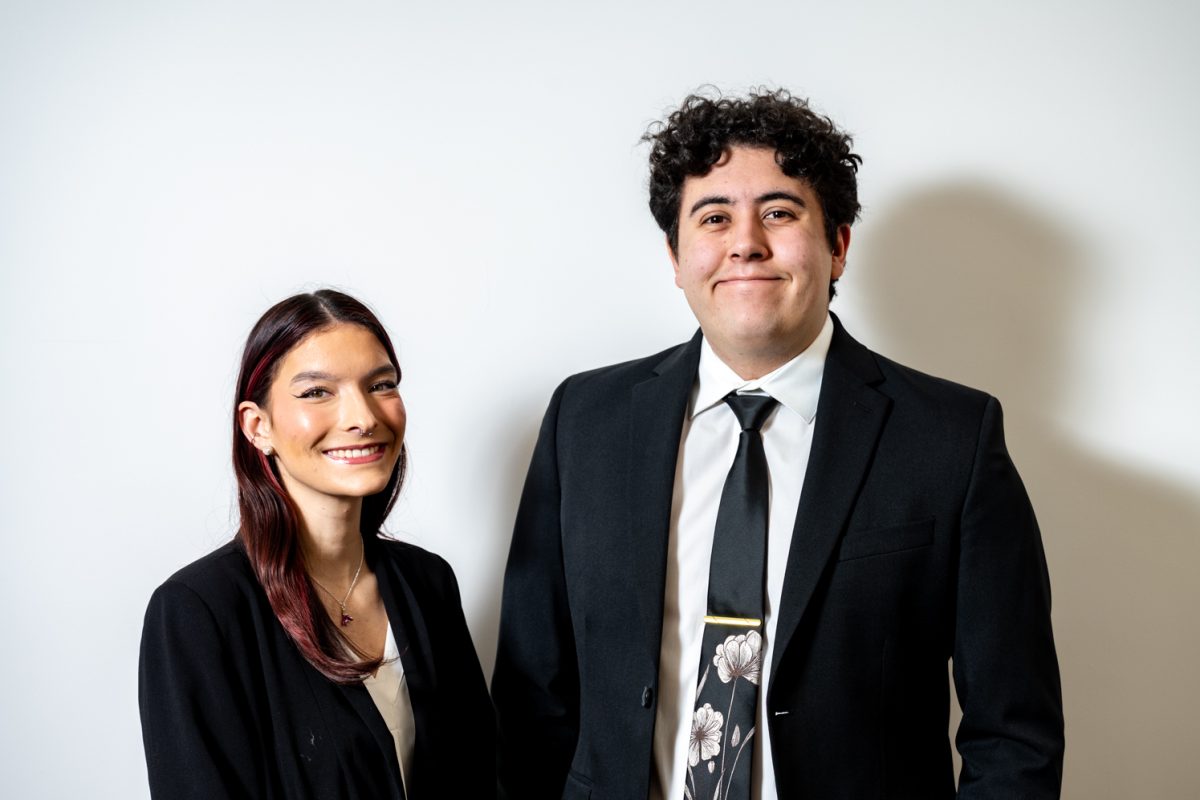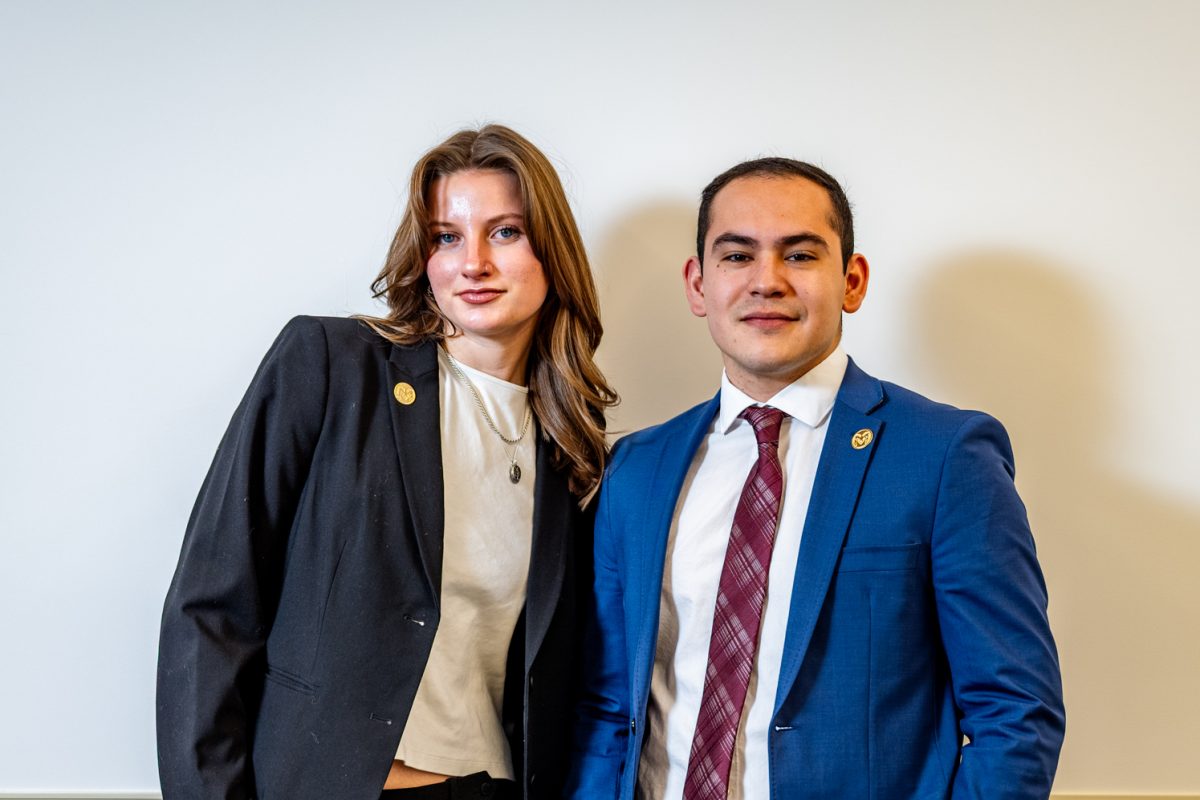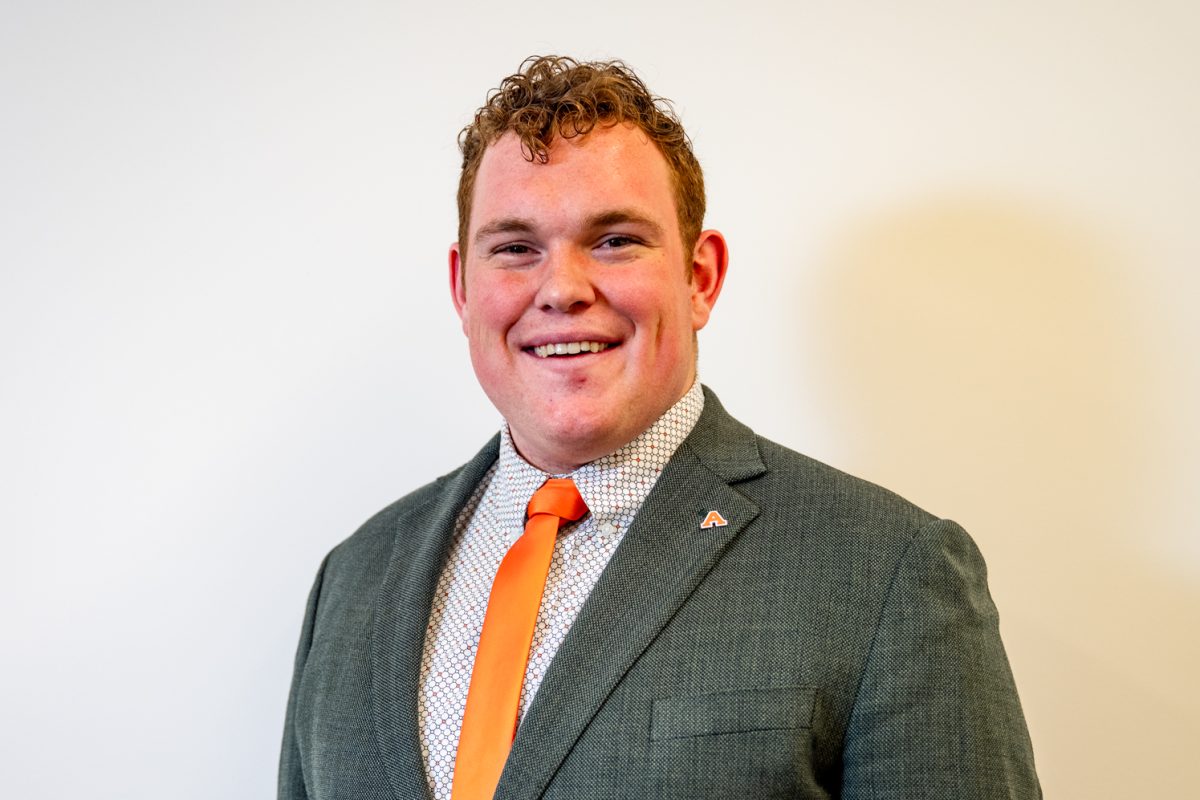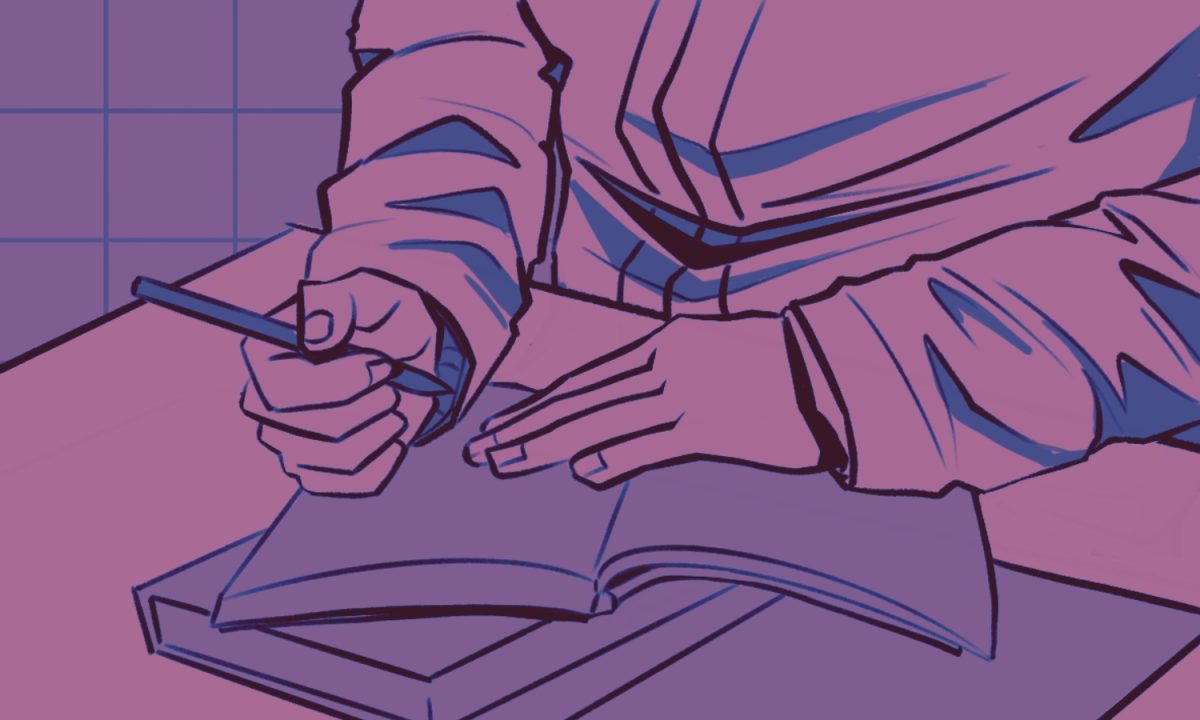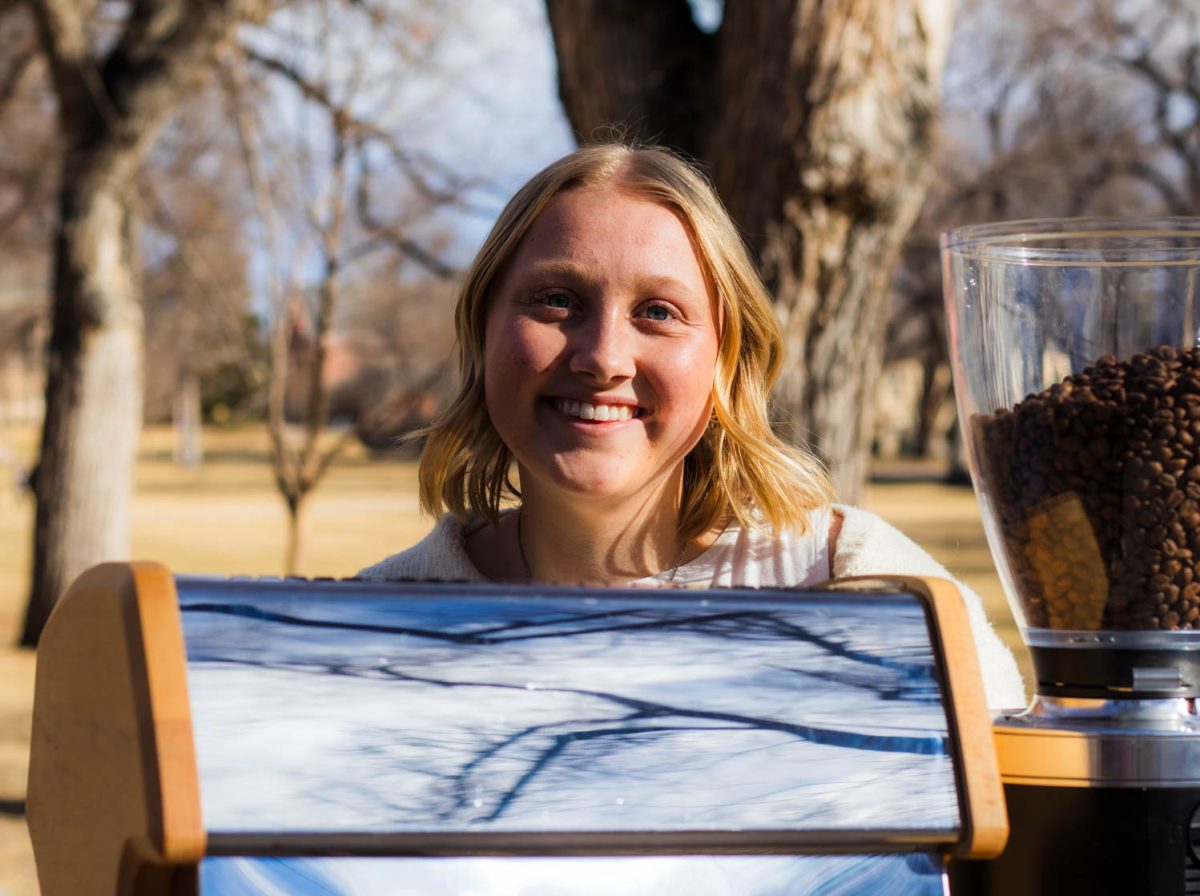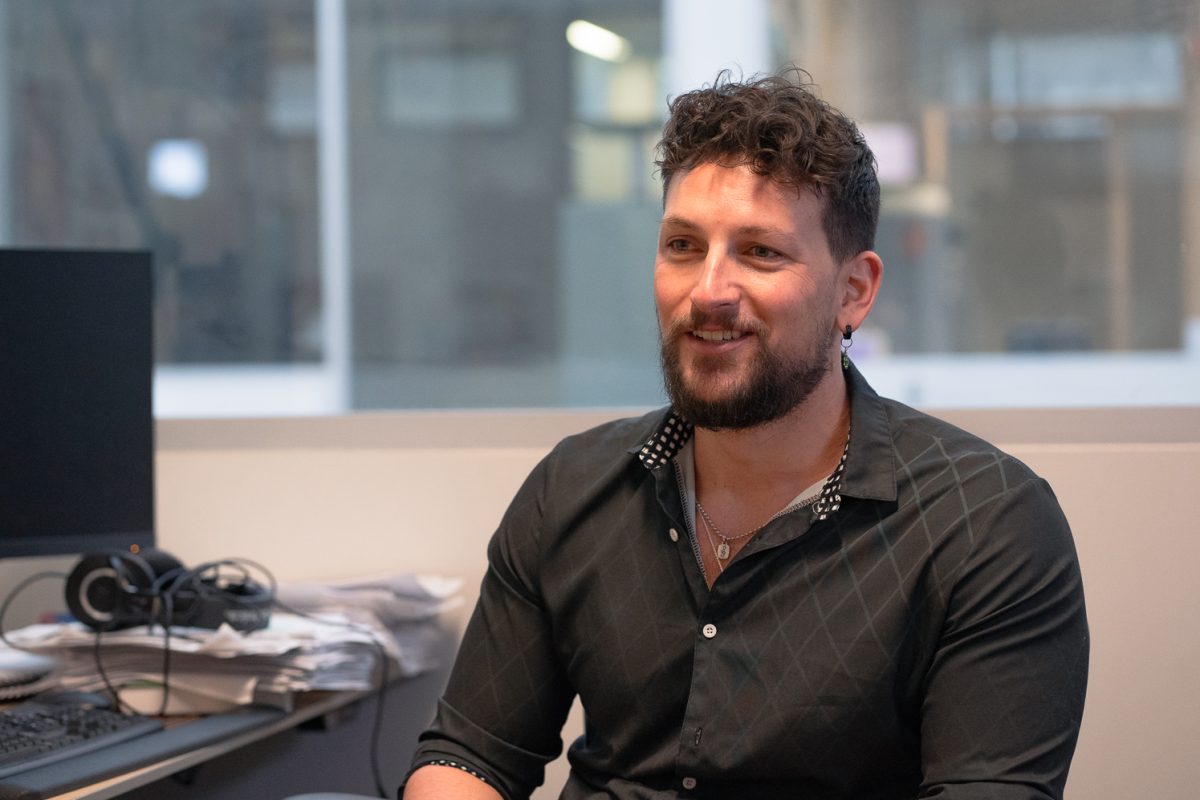Sharing may be caring, but collaborating on interactive science lessons can change the course of an education.
For nearly 10 years, the Little Shop of Physics, based out of Colorado State University, has partnered with Oglala Lakota College to host science education workshops and teacher trainings.
Twenty science educators, volunteers and students met for a workshop to create hands-on science experiments to be taken back to South Dakota and showcased at the Oglala Lakota College campus and at schools around the state Dec. 8.
“The ultimate goal is to increase. . . the number of Native Americans in science,” said Misty Brave, a professor of science at OLC and an original ambassador of the relationship with LSOP. “The value (of hands-on experiments) is showing people that science isn’t mystical, that it’s not unsolvable, and that it doesn’t exclude us because, back in the day, we didn’t do science, we lived science. Things are different now.”

Brave said that every student on the Pineridge Reservation has been impacted by the hands-on experiments since the collaboration started, as well as a handful of schools in other parts of the state.
Elizabeth Richards, a senior at Red Cloud Indian School, said the LSOP style activities in her K-12 science education made science feel more accessible and applicable to her everyday life and made her more interested in the field.
Many of the participants in the workshop don’t have plans to become science educators but were interested in the value of interactive science in childhood education. Erica Lafferty, who studies at OLC and the School of Mines, said she became interested in Brave’s program when her 9-year-old daughter experienced some of the hands-on science lessons.
Brave said that it is important for Native Americans, especially girls, to feel engaged and excited about science.
“A lot of people have a misconception that we can’t do (science) and that we’re not smart enough, or whatever,” Brave said. “The goal is to provide a voice. Science isn’t just for non-native males in white coats, it’s for everyone.”
Zachariah Richards, who worked in wildland firefighting for 11 years before returning to school to open up more opportunities in that field, said he remembered Bill Nye as a big influence on his science education. Richards said his own experiences with science as a college student were influenced by volunteering at LSOP events with OLC and seeing a child from the reservation grow up and discover science through LSOP’s experiments.
“Just to see her mind-blowing up, she figured out a lot of stuff,” Richards said.
But, Brave and the LSOP don’t want to send pre-made experiments to OLC. Brave said she feels that using pre-packaged science experiments, while okay, can make lessons and even science teachers complacent.
In the past ten years, the LSOP has helped OLC create more than 100 different experiments which have allowed innovation and cultural integration in the activities. For example, OLC has a star lab based on the Lakota star knowledge instead of the Greek star knowledge, which is commonly taught and used in science programs.
LSOP Director Brian Jones said the students and teachers who join them from OLC bring their own ideas and creativity to the experiments.
“These folks don’t just want a recipe,” Jones. “They want their own take (on these experiments).”
Ravyn Cullor can be reached at news@collegian.com or on Twitter @RCullor99.


